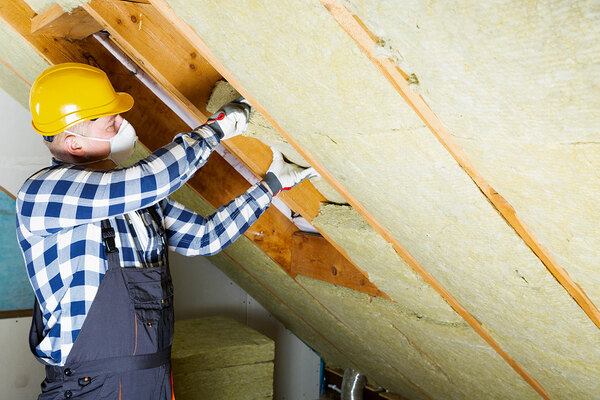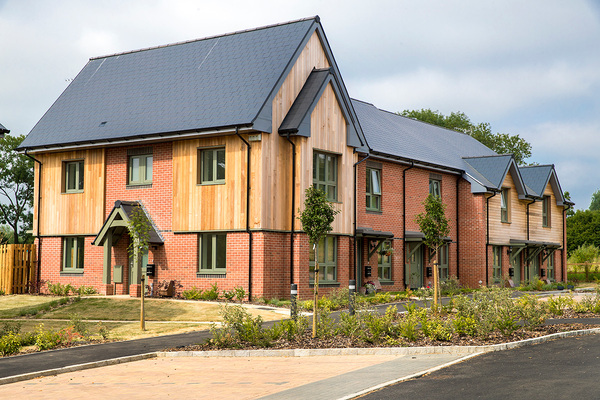You are viewing 1 of your 1 free articles
A zero carbon plan for the North – but the government must help us fund it
A new report sets out a roadmap for the North to decarbonise its social housing, with benefits for the economy and people. Tracy Harrison says the next step is getting central government on board
It has been great to see momentum build around the economic stimulus potential of retrofitting our existing homes. The chancellor has called housing retrofit a “vital part of our plan for jobs”, and so far he’s been as good as his word – with £2bn of Green Home Grants to be spent by the end of March.
That’s hugely welcome. But retrofitting our existing homes, and the economic recovery from COVID-19, are both long-term endeavours. What we need is a roadmap that extends beyond March 2021.
“A government investment of £1.17bn per annum over this decade would enable us to retrofit the North’s social housing stock”
Northern Powerhomes, a new report from IPPR North and supported by the Northern Housing Consortium, provides just that roadmap. It shows that an ambitious programme of housing retrofit in the North can pay dividends for our environment, our residents and our economy: with potential for 77,000 good green jobs across the North by 2035, and an annual gross value added boost of more than £3.85bn for the economy.
The plan starts with social housing and skills. A government investment of £1.17bn per annum over this decade would enable us to retrofit the North’s social housing stock – adding insulation and replacing gas boilers (a key contributor to household emissions) with heat pumps and heat networks. Government’s investment would be matched by the sector, providing a powerful economic boost.
Social housing providers have proved time and again – most notably through the Decent Homes Programme – that we have the ability to deliver home improvement projects at scale. Work in the social sector will kick-start a green jobs revolution: building demand, developing supply chains, promoting technological pathways, driving long-term cost reductions and building skills. It will pave the way for similar work in the owner-occupied and private rented sectors.
“We simply don’t have enough people who are trained to fit heat pumps, or even the plasterers and plumbers to undertake a programme of this scale”
The second part of the plan is a stronger, more responsive and localised skills system. We simply don’t have enough people who are trained to fit heat pumps, or even the plasterers and plumbers to undertake a programme of this scale. A northern skills plan is needed to ensure that northerners can take advantage of the good, green, skilled jobs created by the programme.
This is a plan that will enable government to deliver on two of its top priorities: the 2050 net zero target and levelling up.
But that’s not all. This plan will have a positive impact on all our people, not just those who gain jobs through the programme.
Fuel poverty is an issue for a shockingly high one in 10 households in the North. Residents who spent lockdown in poor quality housing told researchers working on the NHC’s previous lockdown research project that they prioritised their spending on rent, heating and then eating in that order.
The Northern Powerhomes plan will make it easier, and cheaper, for them to stay warm – improving their physical and mental health at a time when NHS resources have been badly stretched.
The opportunity is huge. We need:
- Retrofit measures to improve energy efficiency in more than five million northern homes
- To fit 4.6 million northern houses with clean, green heat pump technology
- To connect another 1.1 million northern homes to heat networks
That’s a long-term task for which we need a clear pathway. We’ve been delighted to support IPPR North to develop Northern Powerhomes as part of the NHC’s #OurNorth Net Zero programme.
Our offer is clear: the North can deliver on net zero and levelling- up through an ambitious housing decarbonisation plan. Now it’s over to the chancellor – he has the chance to make housing retrofit a vital part of the government’s plan for jobs. Not just this winter, but for years to come.
Tracy Harrison, chief executive, Northern Housing Consortium
Sign up for our daily newsletter
Already have an account? Click here to manage your newsletters















